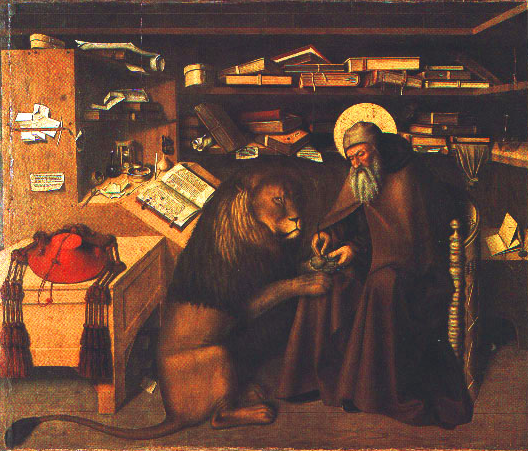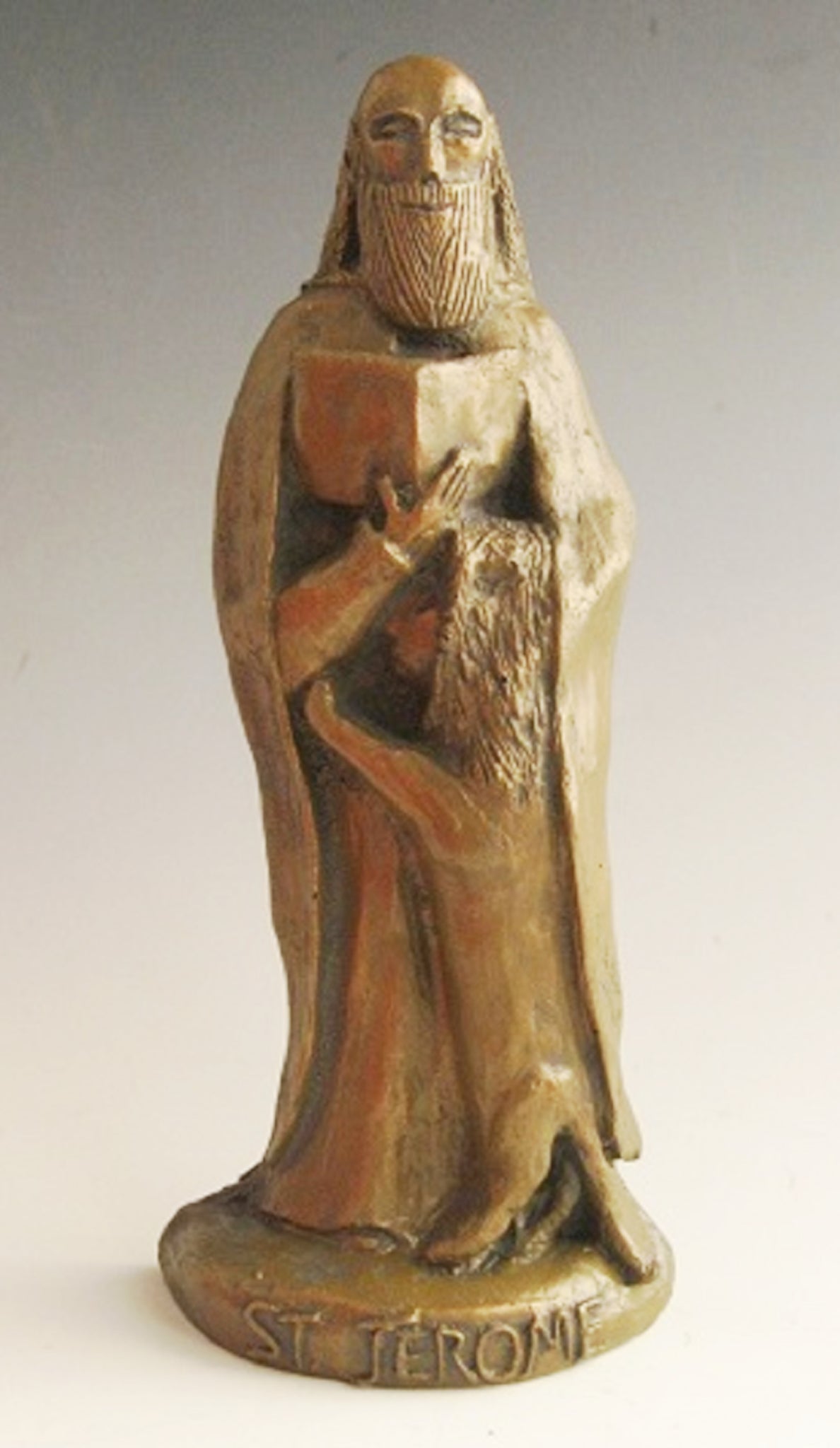Discover the life and legacy of St. Jerome, the patron saint of librarians. Learn about his impact on Christian history and culture.
St. Jerome: Patron of Librarians
Are you a fan of libraries, research, and books? If so, you may have unknowingly come across St. Jerome, the patron saint of librarians. Who was St. Jerome and why is he associated with librarians? Let’s take a closer look at the life and legacy of this influential figure in Christian history.

Who Was St. Jerome?
St. Jerome, also known as Hieronymus, was a Roman Catholic priest, theologian, and historian who lived during the 4th and 5th centuries. He is best known for his translation of the Bible into Latin, known as the Vulgate, which became the standard Latin version of the Bible for the Catholic Church. Jerome’s work was instrumental in spreading Christianity and preserving the teachings of the Bible for future generations.
Jerome was born in 347 AD in Stridon, a town on the border between what is now modern-day Croatia and Slovenia. He was well-educated and traveled extensively throughout his life, spending time in Rome, Constantinople, and Bethlehem. Jerome was fluent in multiple languages, including Latin, Greek, and Hebrew, which made him uniquely qualified for his work as a biblical scholar and translator.
The Life of St. Jerome
St. Jerome led a fascinating and sometimes controversial life as a priest and scholar. He was known for his sharp wit and fiery temper, which often got him into trouble with other church leaders. Despite these personality traits, he was highly respected for his knowledge and dedication to the Christian faith.
Jerome spent much of his life living as a monk in Bethlehem, where he established a monastery and devoted himself to study, prayer, and writing. He was a prolific author, producing numerous works on theology, biblical commentary, and hagiography. Jerome’s translation of the Bible was one of his most significant and enduring contributions to Christian scholarship.
Jerome’s Translation of the Bible
Jerome’s most famous work, the Vulgate, was completed around 405 AD and became the authoritative Latin version of the Bible for the Western Church. The Vulgate was based on Jerome’s translation of the original Hebrew and Greek texts of the Old and New Testaments, and it played a crucial role in shaping Christian theology and practice for centuries to come.
Jerome’s translation of the Bible was highly accurate and faithful to the original languages, making it a valuable resource for scholars and theologians. The Vulgate was used as the standard version of the Bible in the Catholic Church until the 20th century, and its influence can still be felt today in the liturgy, theology, and culture of the Church.
Patron Saint of Librarians
St. Jerome is considered the patron saint of librarians, archivists, and scholars due to his lifelong dedication to learning, research, and the preservation of knowledge. Libraries and librarians often invoke his intercession for guidance and inspiration in their work of collecting, organizing, and sharing information.
Jerome’s connection to librarianship comes from his role as a translator and curator of biblical texts, as well as his commitment to scholarship and intellectual pursuits. He saw the importance of preserving and disseminating knowledge for the benefit of future generations, a value that is shared by librarians and information professionals around the world.

The Legacy of St. Jerome
St. Jerome’s impact on Christian scholarship and culture is profound and far-reaching. His translation of the Bible, the Vulgate, remains a foundational text for the Catholic Church and a key source for biblical study and interpretation. Jerome’s writings on theology, morality, and spirituality continue to be studied and appreciated by theologians, historians, and literary scholars.
Jerome’s Influence on Western Culture
St. Jerome’s translations and writings have had a lasting influence on Western culture and literature. His works contributed to the development of Christian doctrine, biblical exegesis, and religious literature in the Middle Ages and beyond. Jerome’s letters, commentaries, and biographies are considered classics of Christian literature and have inspired countless generations of readers.
Commemorating St. Jerome
St. Jerome is honored as a saint and doctor of the Church in the Roman Catholic tradition, with his feast day celebrated on September 30th. Libraries and educational institutions around the world recognize his contributions to learning and scholarship by naming buildings, programs, and awards in his honor. St. Jerome’s legacy as a scholar, translator, and patron of librarians continues to be remembered and celebrated by those who value the pursuit of knowledge and truth.

Conclusion
In conclusion, St. Jerome’s life and work as a scholar, translator, and patron of librarians have left an indelible mark on Christian history and culture. His translation of the Bible, the Vulgate, remains a cornerstone of biblical scholarship and a testament to his dedication to preserving the teachings of the Christian faith. As the patron saint of librarians, St. Jerome represents the values of learning, research, and the dissemination of knowledge that are at the heart of the library profession.
So next time you visit a library or pick up a book, take a moment to remember St. Jerome and his contributions to the world of learning and scholarship. His legacy lives on in the libraries, archives, and academic institutions that continue to uphold his commitment to the pursuit of knowledge and truth. As a reader, researcher, or lover of books, you are following in the footsteps of St. Jerome, the patron saint of librarians.


